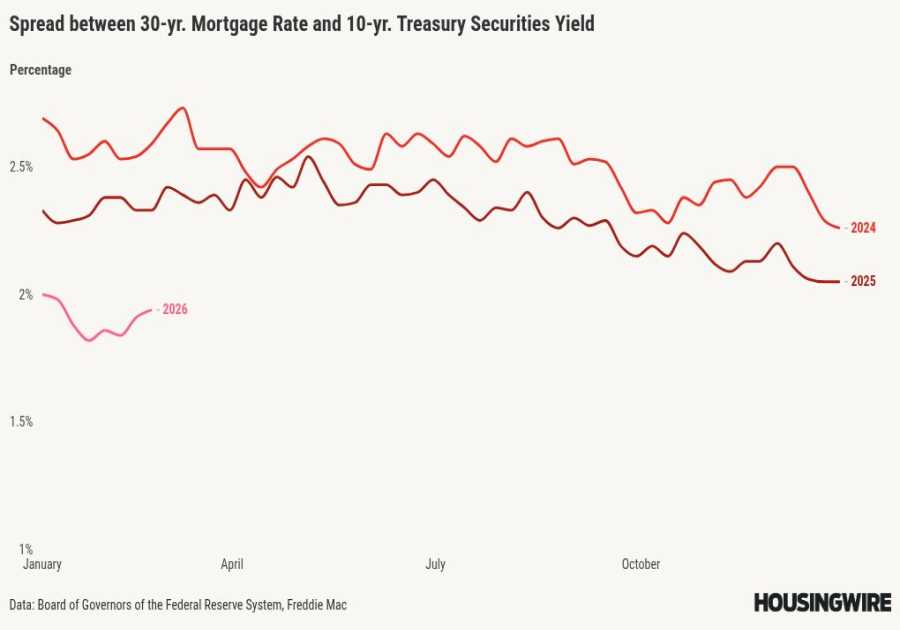
Vuk Saric/Getty Images
- Young men with college degrees are more likely to quiet quit.
- That's on top of research that shows men without degrees are more likely to leave the workforce entirely.
- In both cases, men are re-evaluating their relationships with work and income.
On the heels of the "Great Resignation," quiet quitting emerged as an alternative to switching jobs — and younger, educated men are the drivers of it.
That's according to a new study by researchers at Washington University in St. Louis, which found that men voluntarily worked fewer hours annually on average between 2019 and 2022, especially those of "prime working age" (between the ages of 25 and 54), and those with college degrees. The researchers stated these were voluntary reductions in hours, as opposed to workers being laid off.
Higher paid workers clocking in the greatest number of hours before the pandemic saw the largest decreases, the paper said, reinforcing that "quiet quitting" may be more popular among higher-income workers, and especially white and male ones.
Quiet quitting isn't a new phenomenon, but it picked up steam last year as a mindset for people looking to change their relationship with their work. Essentially, workers who quiet quit set out to do their work only as outlined, and no more; that could mean anything from not putting in extra, unpaid hours to not taking on extra roles in the office.
"Quiet quitting" has been around nearly as long as work has, but the pandemic's pressure on people to reevaluate their work life balance breathed new life into the occupational philosophy — more than half of the US workforce is quiet quitting, likely much more than that, Gallup found last year.
And a common quiet quitting sentiment seems to be the most compelling one.
"While determining the cause of the hours reduction is beyond the scope of this paper, we conjecture that shifts in preference toward more work-life balance, manifested by the Quiet Quitting phenomenon, is an important factor," wrote report authors Dain Lee, Jinhyeok Park and Yongseok Shin.
The pandemic is likely a factor, they said, but not in regard to sickness.
"The pandemic may have motivated people to re-evaluate their life priorities and also gotten them accustomed to more flexible work arrangements (e.g.,work from home), leading them to choose to work fewer hours, especially if they can afford it," they said.
The study by the Washington University researchers also looked at another key pandemic-era labor market trend: men dropping out of the workforce.
The researchers note that labor force participation decreased for both men and women after the Great Recession and although that decrease mostly stopped between 2014 and early 2020, participation never recovered. It's still lower as of November 2022 than before the pandemic, and the gap between current and pre-pandemic participation rates is larger for men than women.
The decline in labor force participation between now and before the pandemic is even larger for men without a college degree: two full percentage points lower than their prepandemic average. That's compared to a 0.9% difference for men with a degree.
Essentially, men without degrees saw an increase in number of resignations, while men with degrees saw a decrease in productive hours on the clock.
While the Washington University paper suggests that college-educated men are doing the lion's share of quiet quitting, another recent paper from the Federal Reserve Bank of Boston showed that the decline in men's labor force participation over the last four decades has been largely driven by working-age men without a four-year college degree.
The study, conducted by Pinghui Wu, a researcher at the Boston Fed, found that men without a college degree are more likely to stop working or seeking work when their expected earnings fall in comparison to other workers. For these men, jobs aren't just a source of income; they're a source of social status.
Wu found that these men largely didn't want to put in more work for jobs that didn't present pay growth opportunities over the years, and opted not to work at all, at least partially due to fear of how a low-paying job would affect their social perception, especially as it pertains to the marriage market.
Read More
By: [email protected] (Jason Lalljee)
Title: Young men with college degrees are the most likely to quiet quit — and those without degrees are more likely to join the Great Resignation
Sourced From: www.businessinsider.com/who-most-likely-quiet-quit-millennial-and-gen-z-men-2023-1
Published Date: Wed, 11 Jan 2023 10:00:00 +0000
.png)





